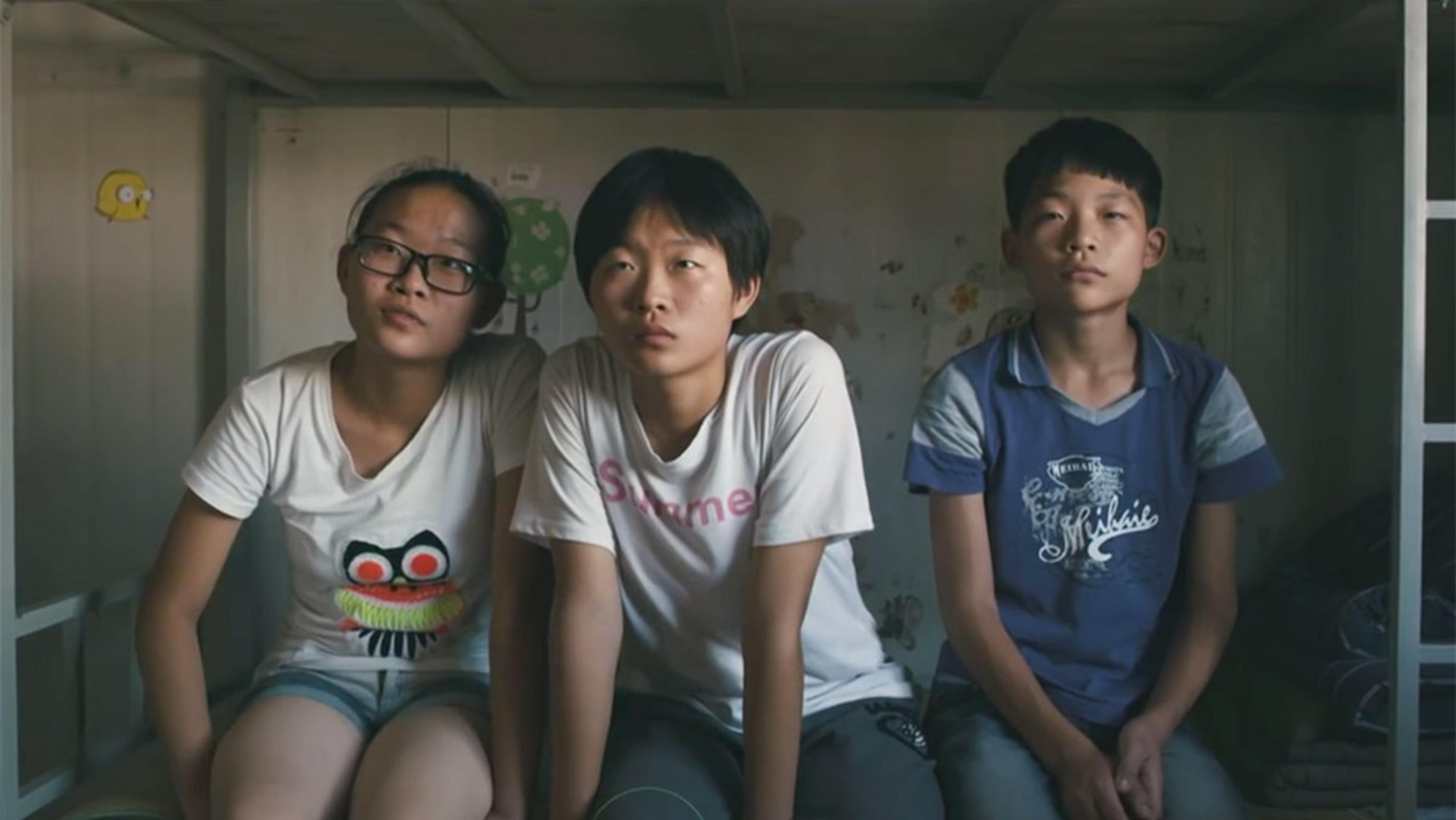Following a bipolar disorder diagnosis in 2003, Chen Wei found very few places to turn for mental health support in his hometown of Shanghai. He soon realised that he wasn’t alone in his struggle: China faces a massive mental health crisis, including more than 200,000 depression-related suicides a year. Those suffering from mental health disorders are frequently stigmatised, receiving little support from friends and family, and finding few job prospects. In an effort to raise awareness and provide support to those in need, Chen founded Tulip, a peer support group aimed at breaking the stigma of mental illness.
China’s first depression support group helps where society and state fail
Video by Thomson Reuters Foundation

videoMental health
An elderly man dedicates himself to saving lives at Japan’s ‘suicide cliffs’
40 minutes

videoReligion
Why some Chinese millennials are taking up the hermit’s life in the mountains
11 minutes

videoPsychiatry and psychotherapy
The radical project that rejected ‘mental illness’ and embraced communal healing
7 minutes

videoHuman rights and justice
With their father in prison, Wei, Yan and Won are invisible to the Chinese state
10 minutes

videoCities
In the shadows of high-rises, Shanghai’s small neighbourhoods struggle to survive
13 minutes

videoPoverty and development
Why millions of children are left to raise themselves in the Chinese countryside
15 minutes

videoSocial psychology
How overwork and taboos around mental illness ravage Japanese salarymen
10 minutes

videoWork
A migrant worker’s daily circus-like balancing act is a surreal reflection of China’s economy
4 minutes

videoFairness and equality
How the one-child policy created a Chinese underclass of 13 million people with no rights
15 minutes